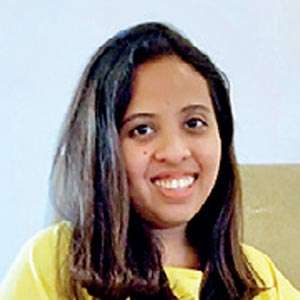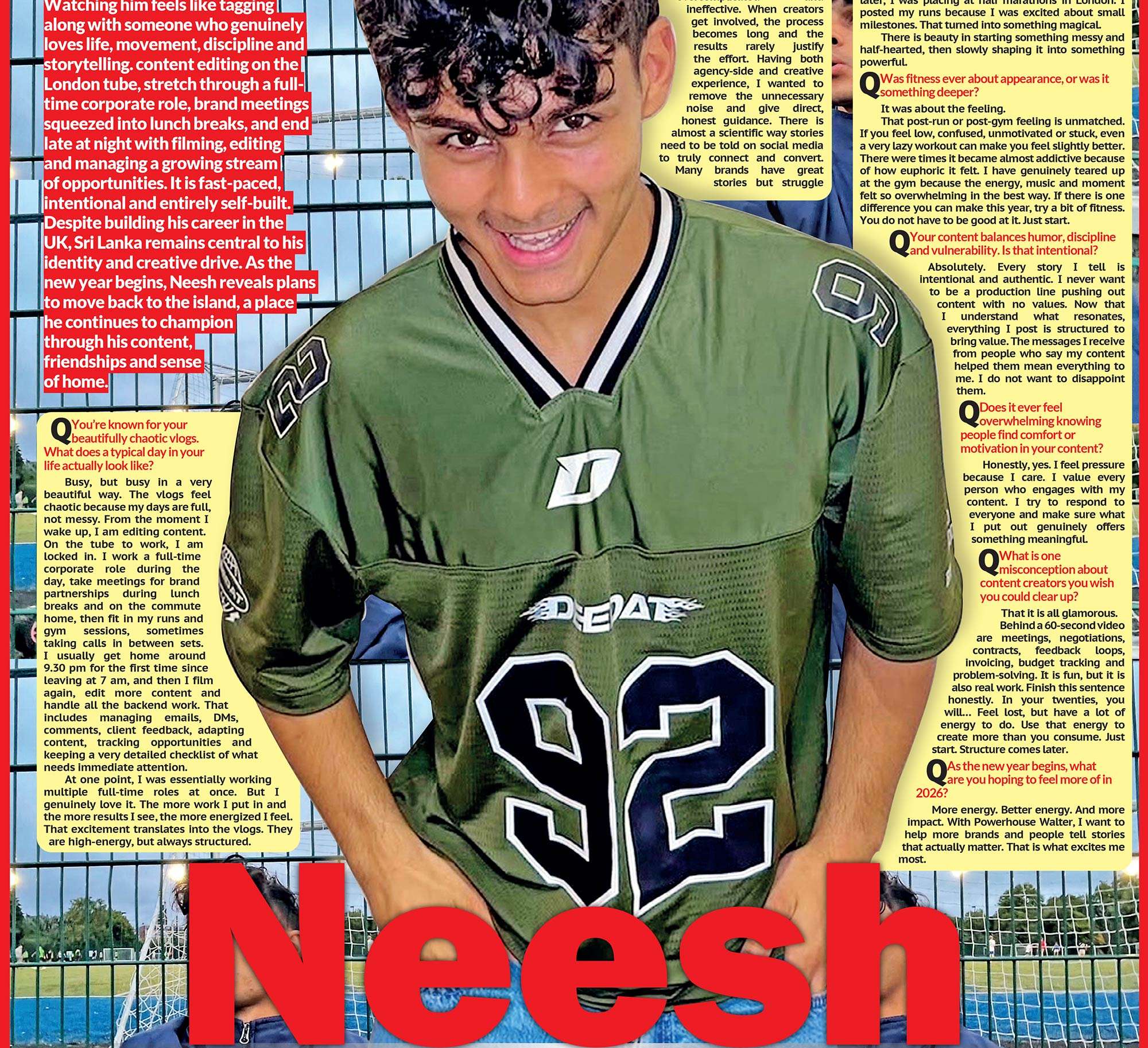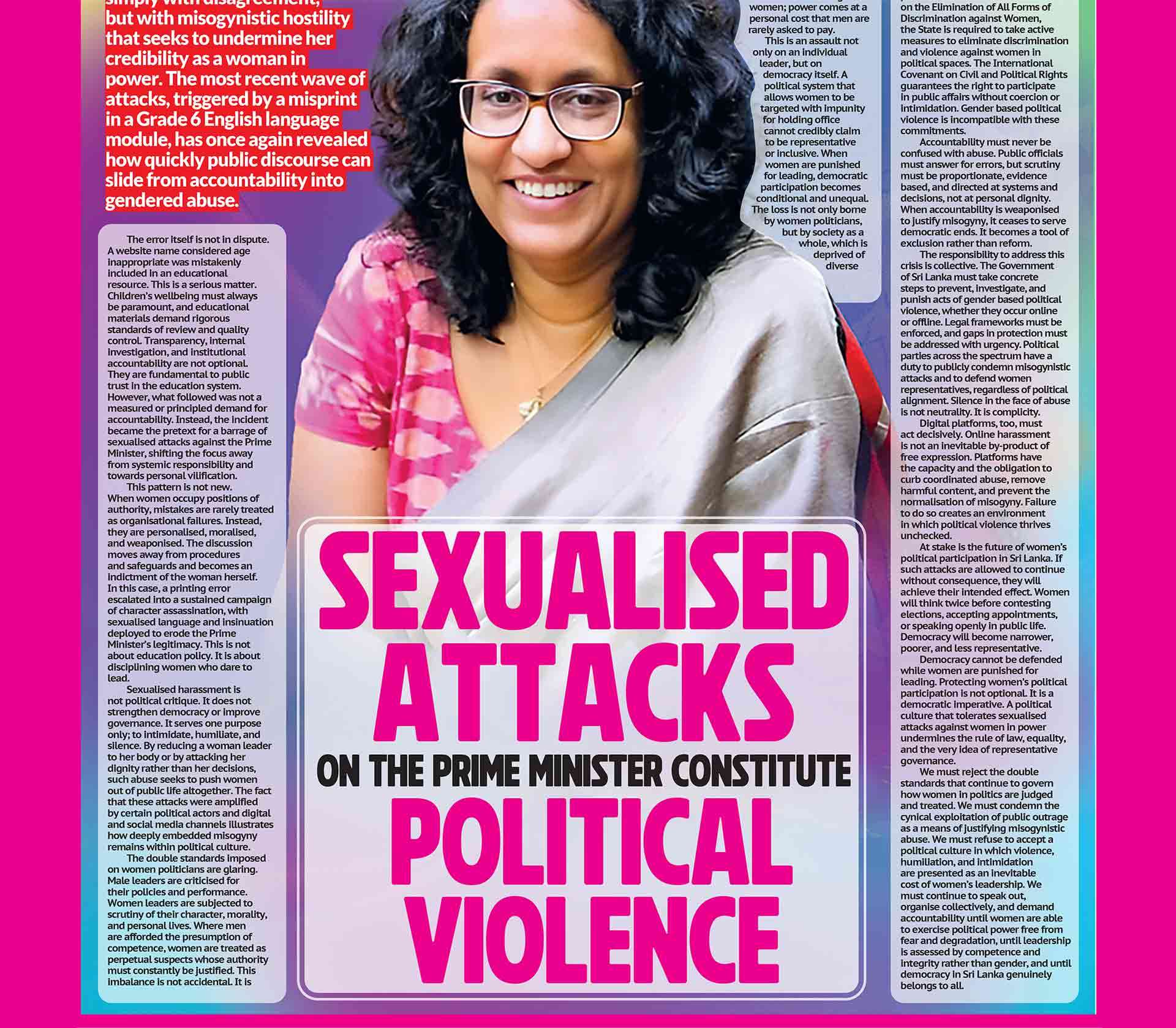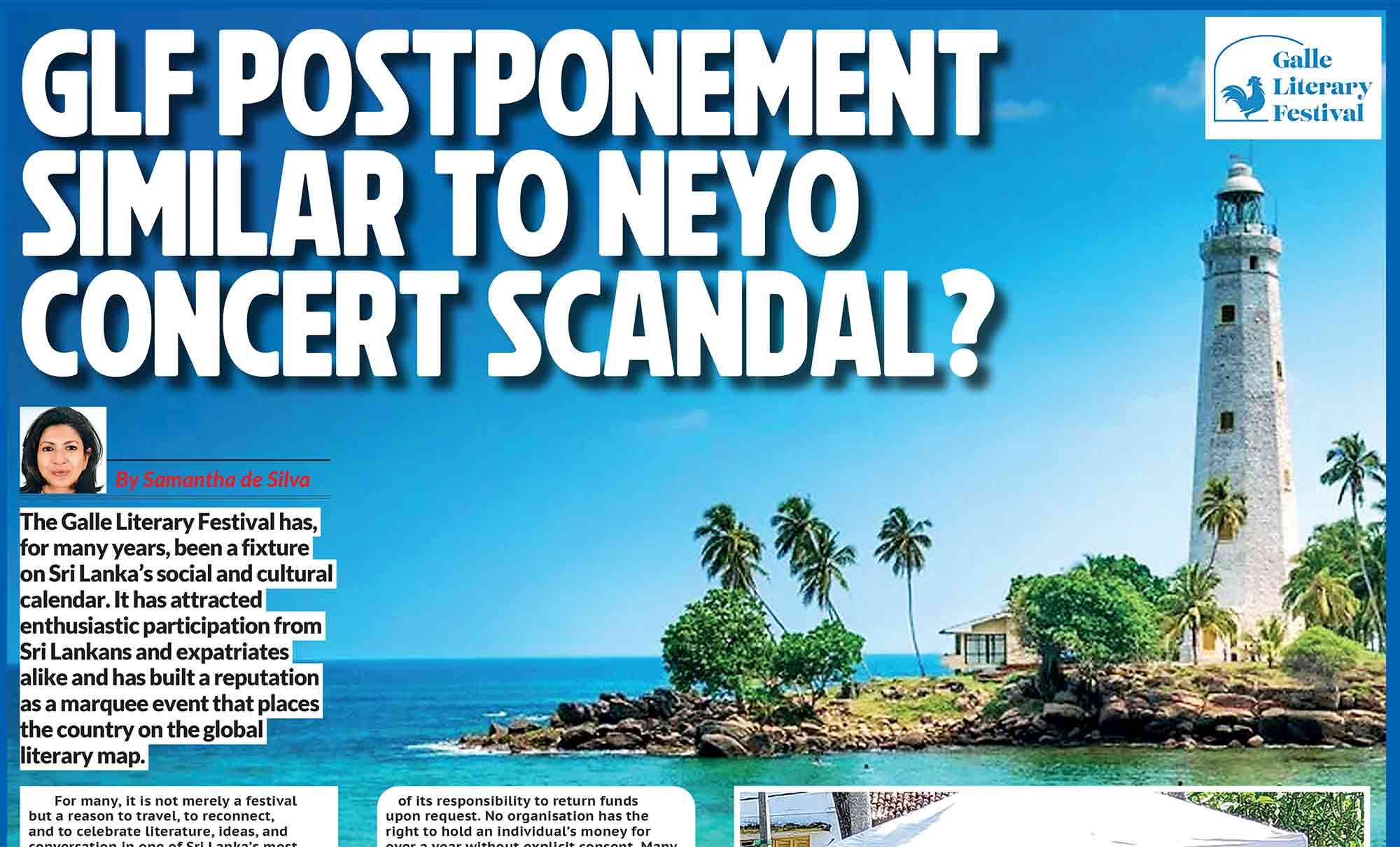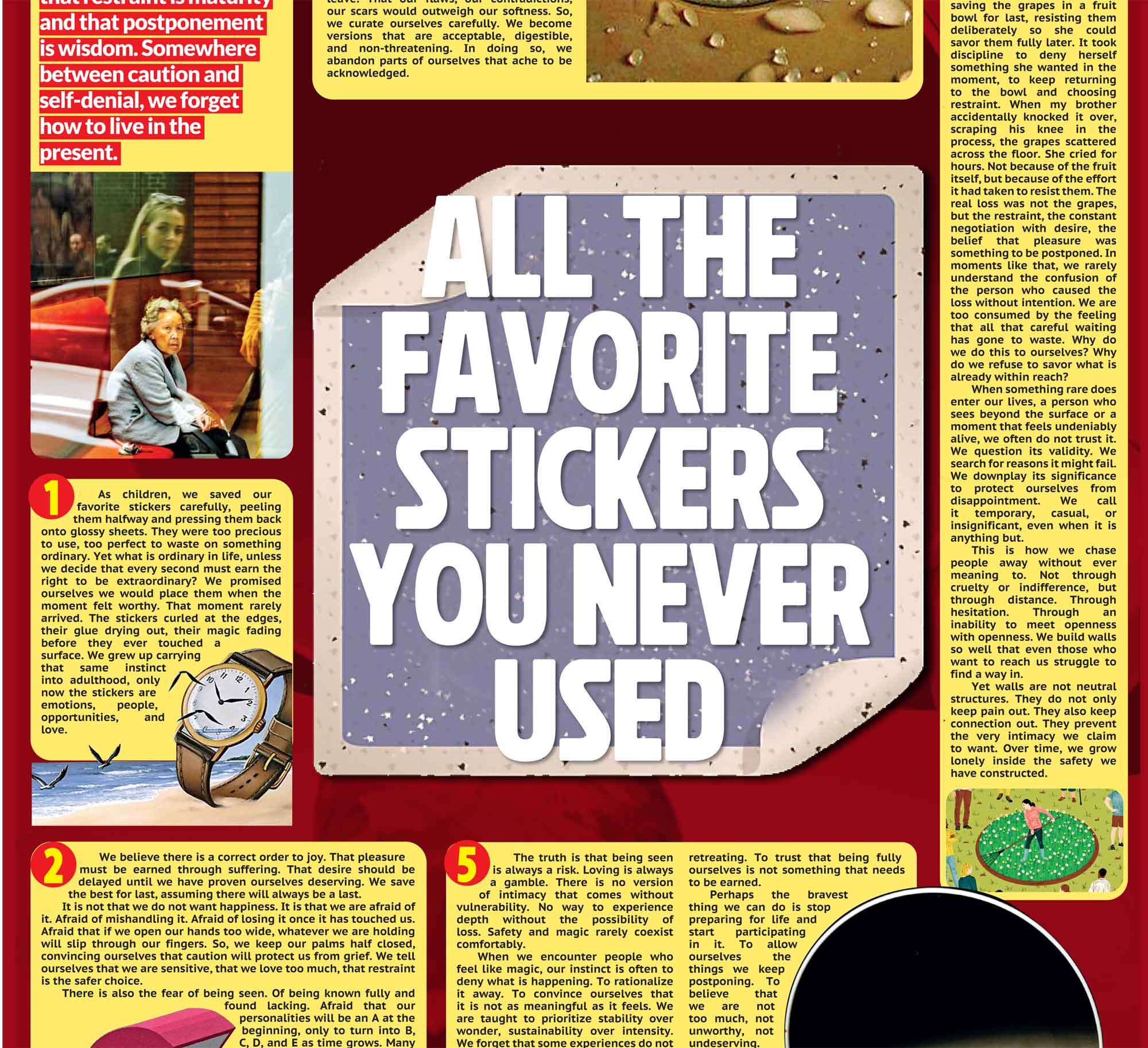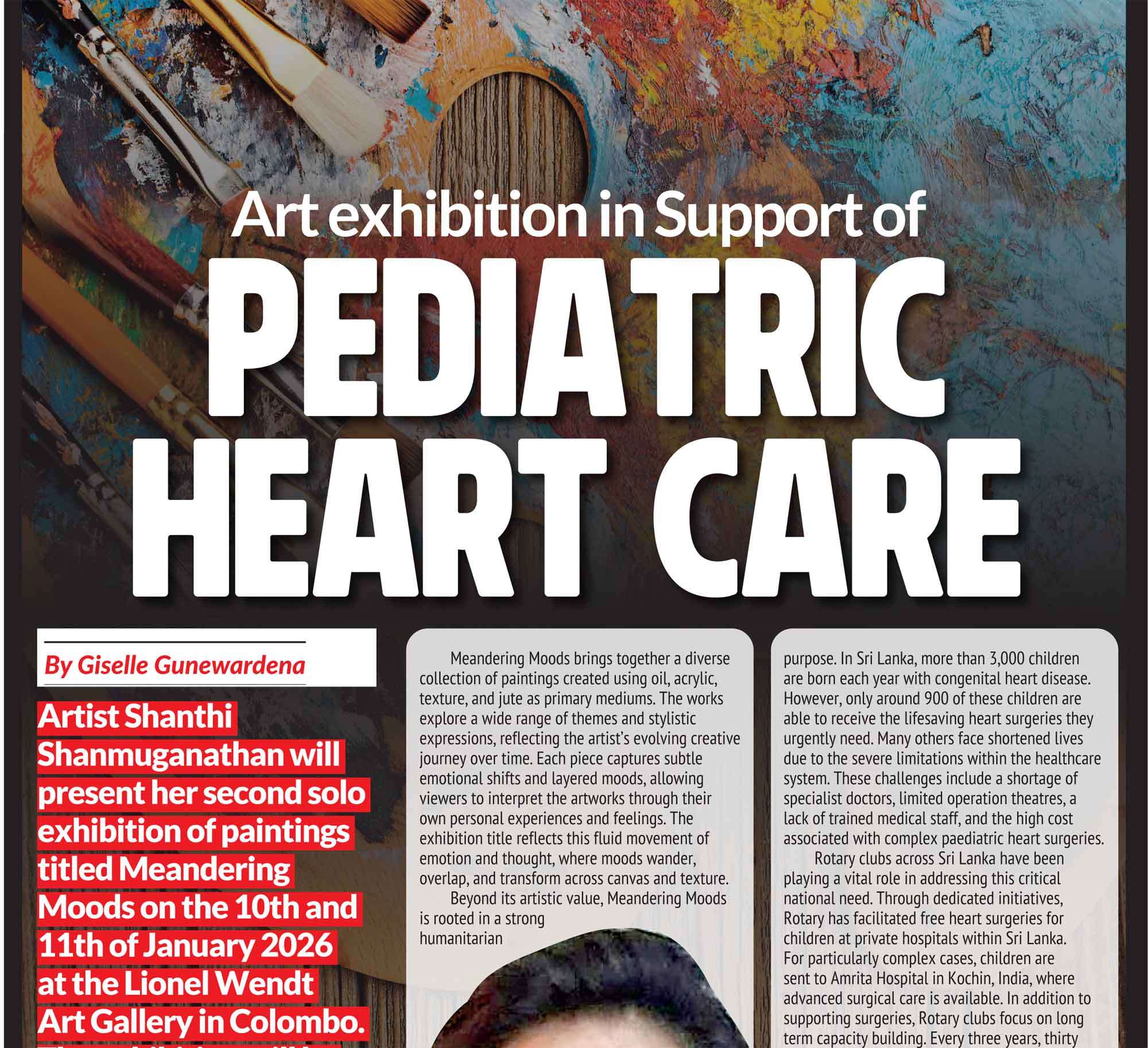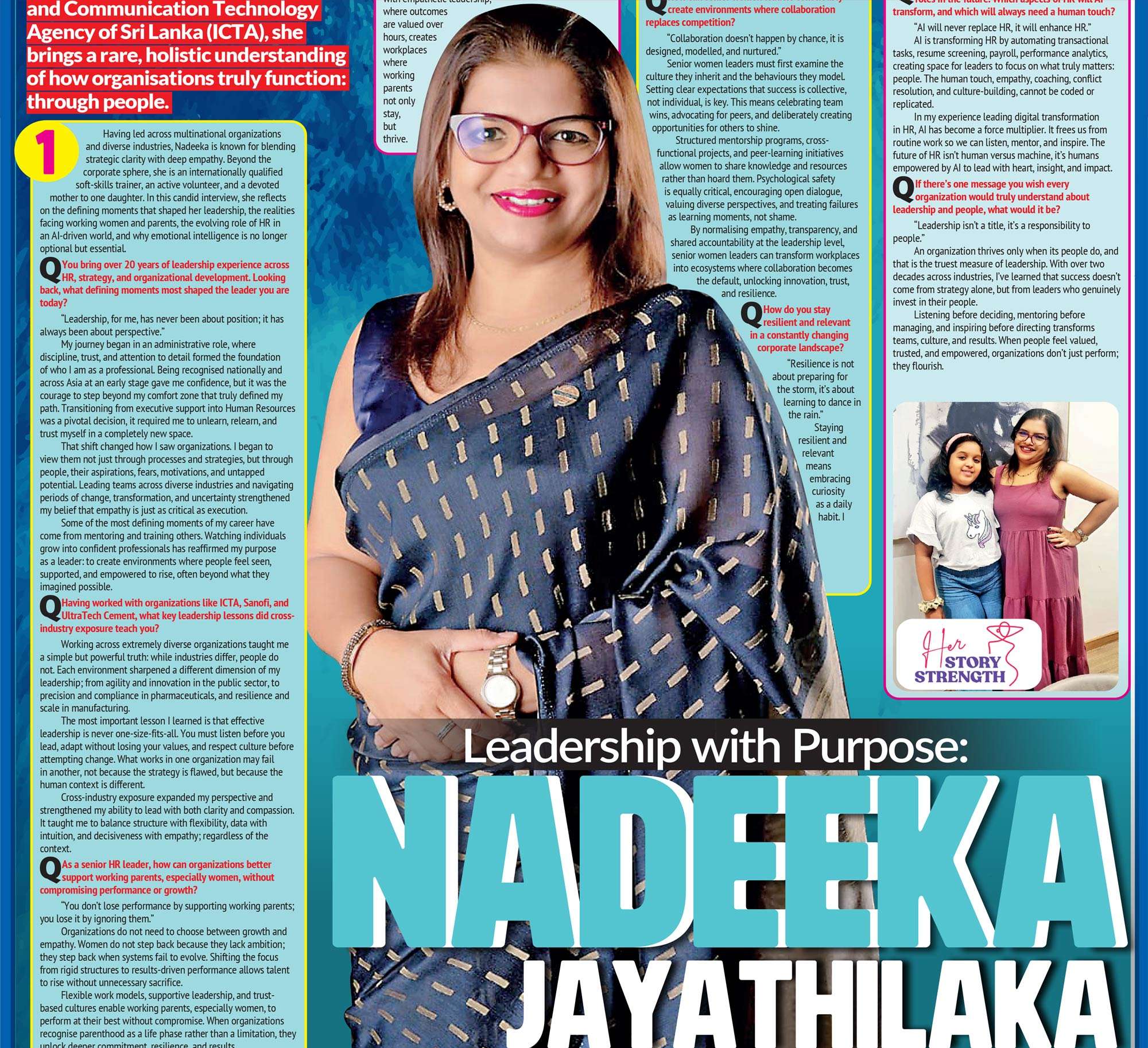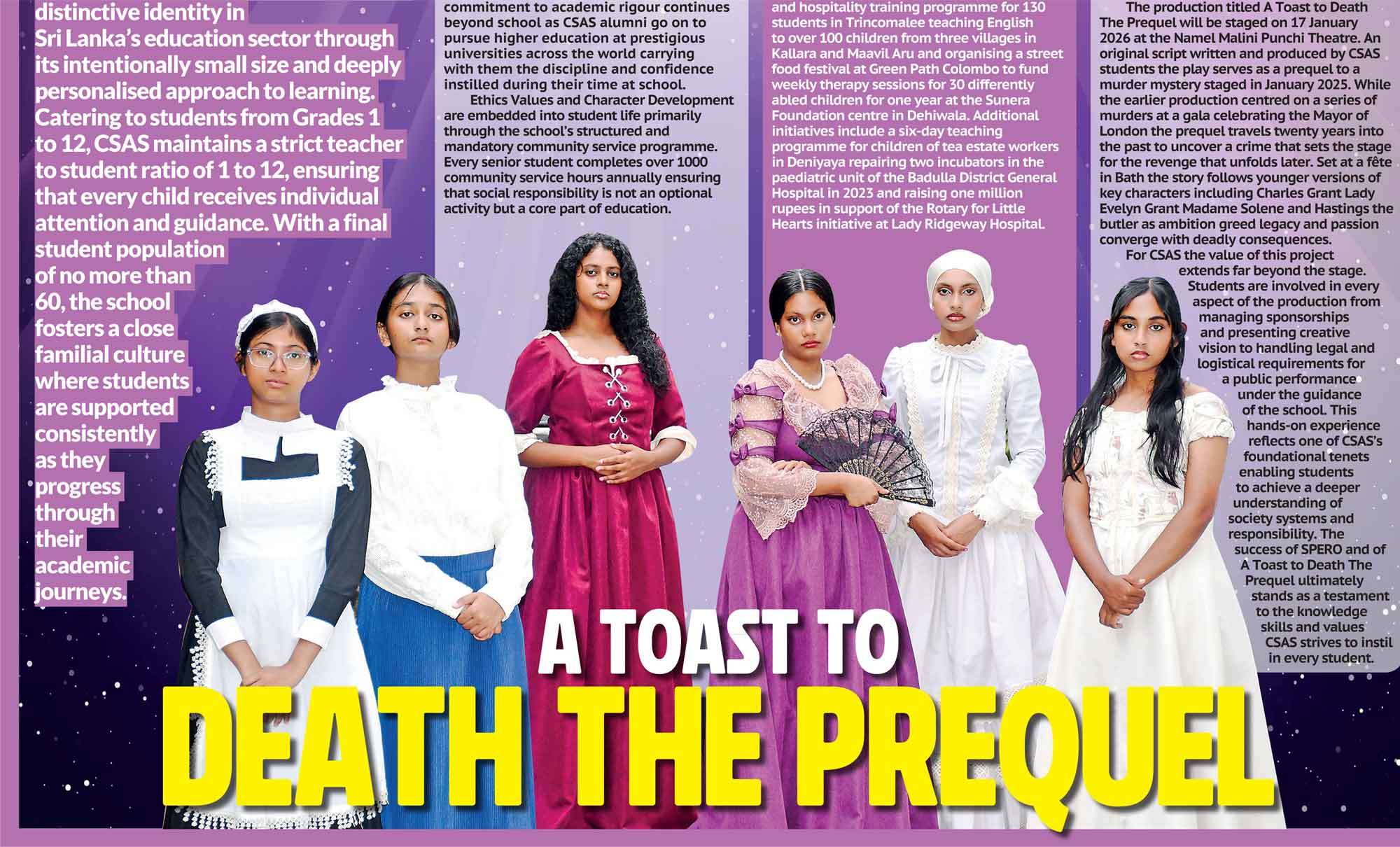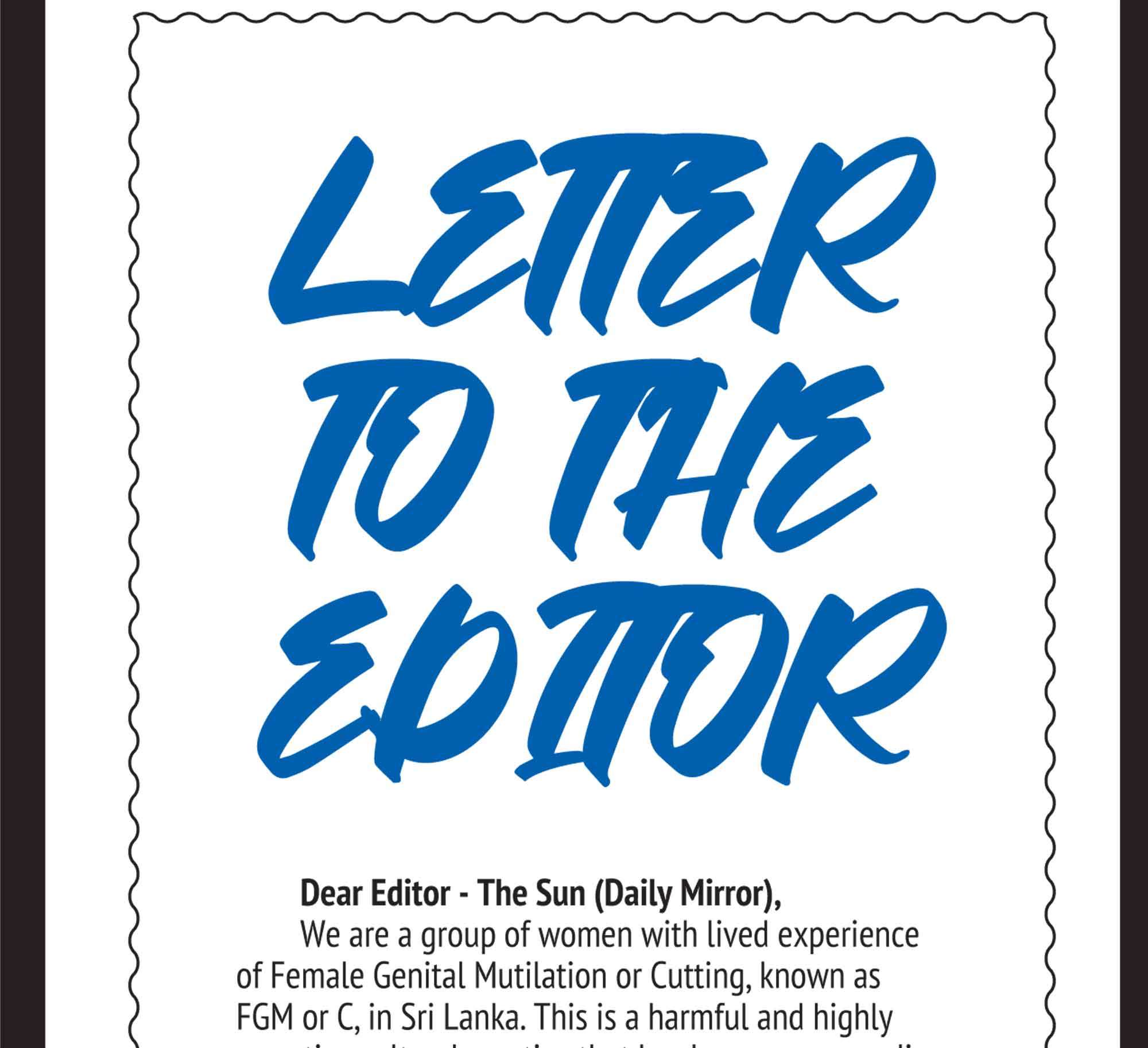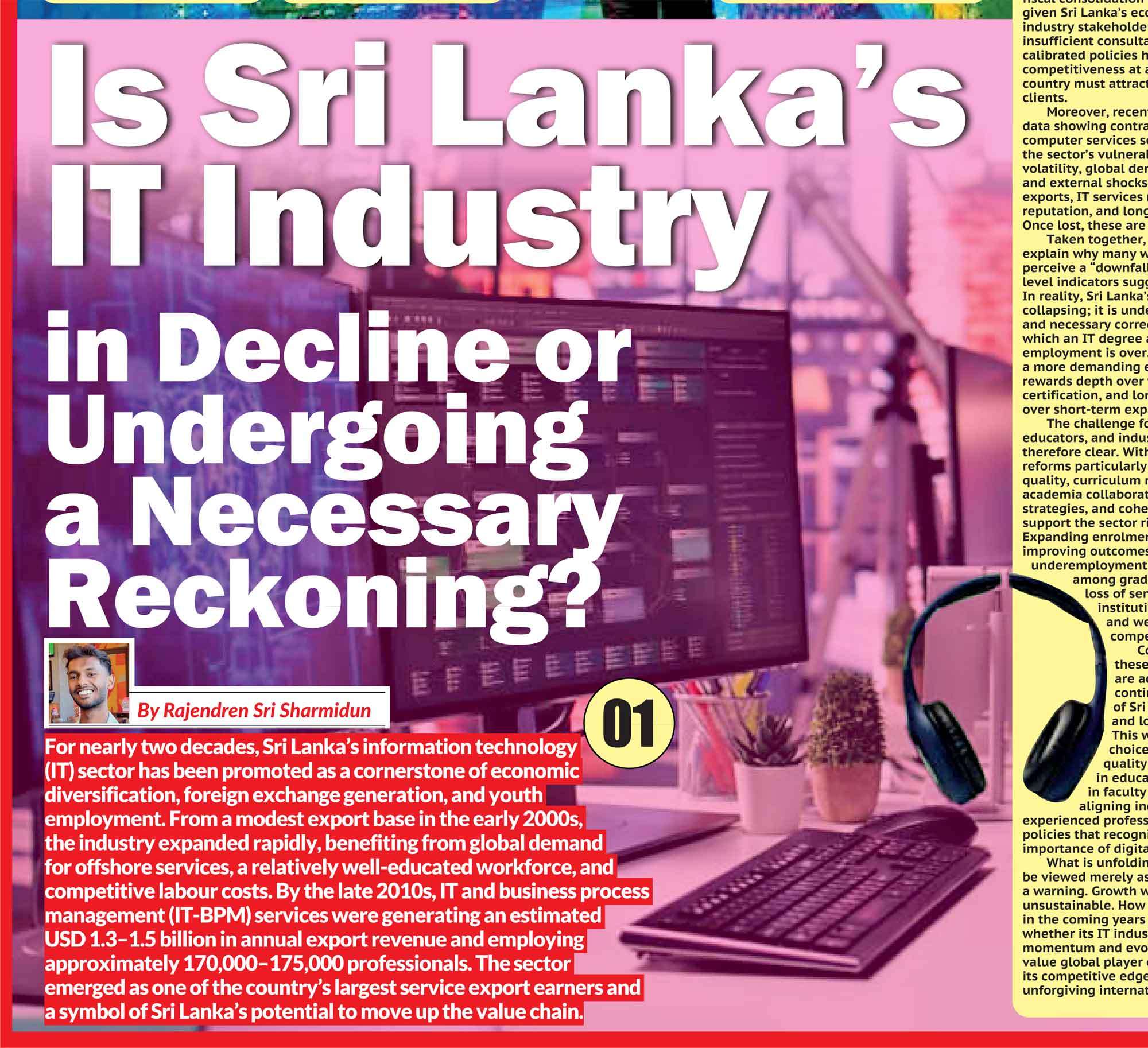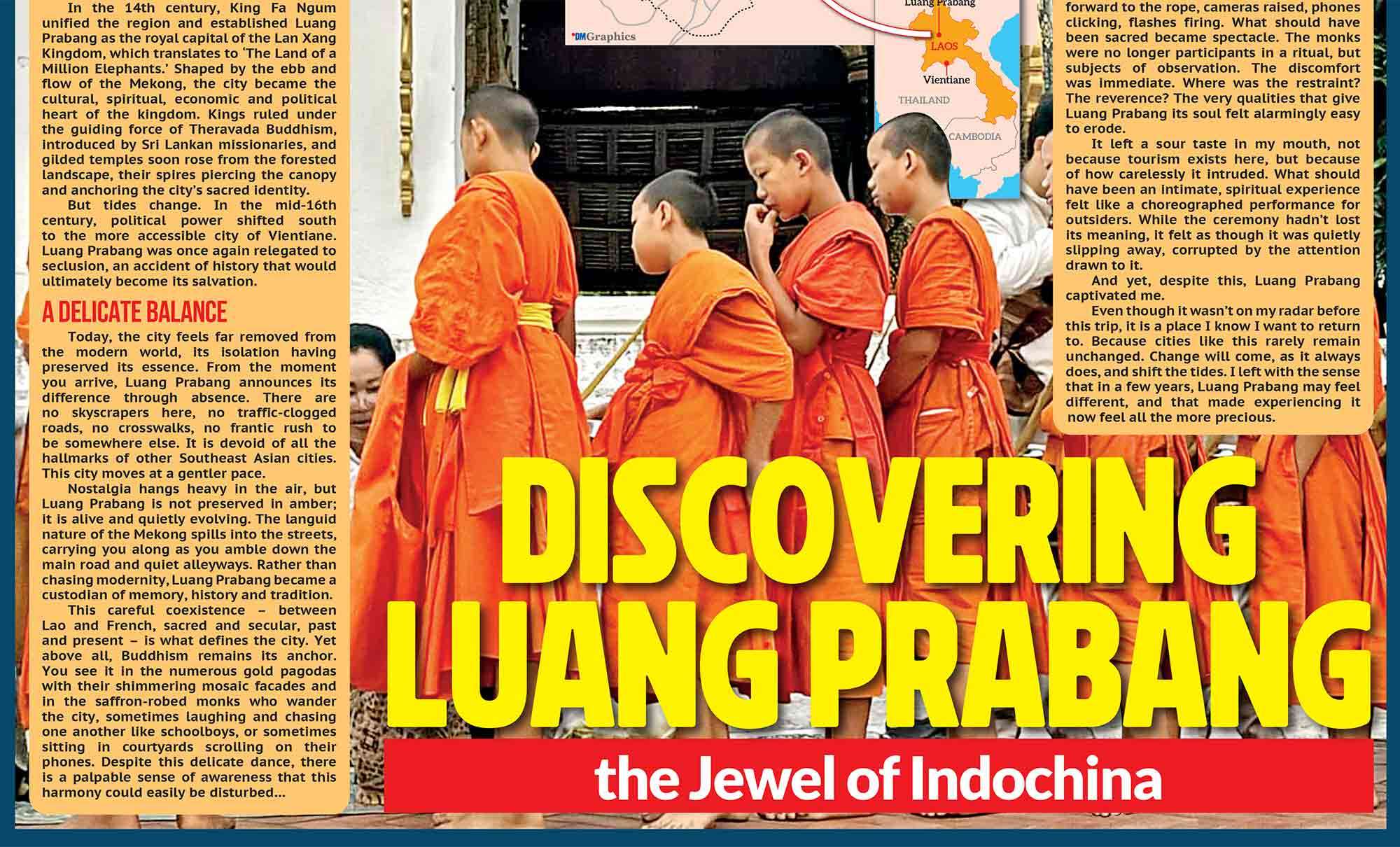
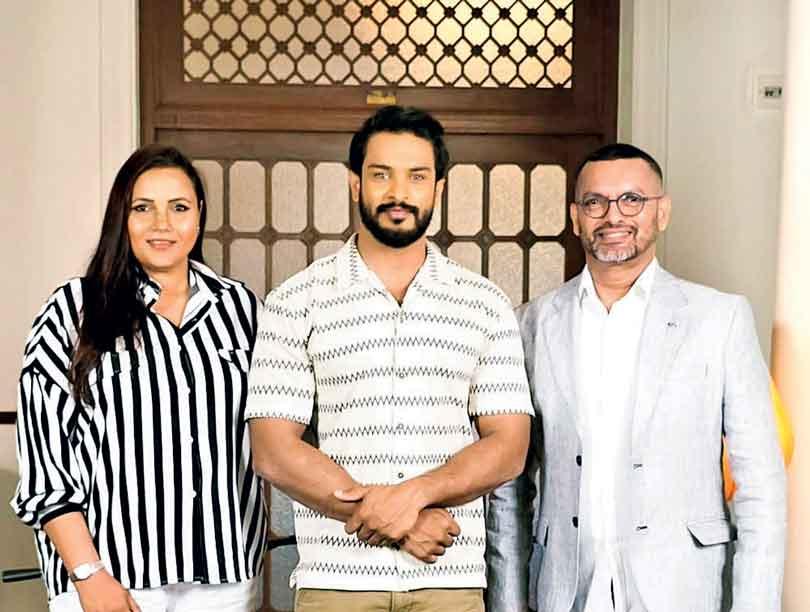

 Megha Sooriyaarachchi is a personality of many dimensions: lecturer, actor, film director, and the recently crowned Mr. World Sri Lanka 2024. Beyond the glamour and headlines lies a story of meticulous preparation, resilience, and a disciplined approach to life and work. In this exclusive session on Fame Game, hosted by Kumar de Silva and Rozanne Diasz, Megha shares his journey, the realities of social media scrutiny, the strategies behind his pageant success, and the philosophy that guides his multi-faceted career.
Megha Sooriyaarachchi is a personality of many dimensions: lecturer, actor, film director, and the recently crowned Mr. World Sri Lanka 2024. Beyond the glamour and headlines lies a story of meticulous preparation, resilience, and a disciplined approach to life and work. In this exclusive session on Fame Game, hosted by Kumar de Silva and Rozanne Diasz, Megha shares his journey, the realities of social media scrutiny, the strategies behind his pageant success, and the philosophy that guides his multi-faceted career.
Welcome to the show, Megha. Do you ever feel annoyed when people pronounce your name differently?
Not at all. I am accustomed to hearing different pronunciations of my name. Initially, it was clear that it was done intentionally to slightly irritate me, and I appreciate the humor in it. Over time, I have simply accepted it as part of the experience.
Many people assume Megha is focused solely on his appearance, but you mentioned directing and lecturing in your introduction. Could you tell us briefly who Megha is beyond physical looks?
Physical appearance is only the surface; it is what people notice first. However, my approach to life has always been focused on striving for excellence in everything I undertake. Whether in academics, acting, directing, lecturing, or preparing for pageants, I make every effort to perform to the best of my ability, leaving no room for regret. This discipline requires significant dedication and time, as managing multiple professional areas is demanding, but it is essential for personal satisfaction.
Do you ever feel frustrated when people focus only on your appearance, overlooking your intellect, effort, or work ethic?
I make a conscious effort not to dwell on others’ perceptions. Most people cannot fully comprehend the effort behind my achievements; only I understand the scope of my preparation. Those who interact with me closely, such as you Mr. de Silva, gain an insight into my character over time. Ultimately, external opinions are secondary. Personal contentment and confidence in one’s work are far more meaningful than superficial acknowledgment.
You spoke about striving for perfection in your work. Are you ever satisfied with your own performance?
Improvement is an ongoing journey. Art, whether in acting, directing, or other disciplines, is an evolving pursuit. Learning continues throughout life, and therefore, one can never be fully complete or entirely satisfied. The process of refinement and continuous growth is what gives depth and meaning to our work.
Before your participation, Sri Lanka had never reached the top ten at Mr. World. How did you achieve this milestone?
Success in pageantry requires a clear understanding of the competition’s structure and expectations. Each pageant evaluates contestants differently; some focus on modelling, while others emphasize beauty, personality, fitness, and life skills. Mr. World is comprehensive, assessing charisma, intellect, presentation, physical fitness, and how a contestant conducts himself across numerous events. Adapting to these requirements quickly was essential, particularly as I did not have a prior modelling background. Preparation at the national level was crucial for performing effectively on the international stage, and it involved rigorous research, dedicated training, and a strong mental focus.
Do you plan to participate in other international pageants now?
Mr. World represented the ideal platform for me. My participation was a calculated step outside my comfort zone to represent Sri Lanka with excellence. While other international pageants exist, Mr. World remains the pinnacle, and I have no plans to pursue further competitions. My goal was to set a high standard for Sri Lanka in pageantry, and I believe I have accomplished that.
You and Anudi Gunasekara both faced significant social media scrutiny. How do you manage criticism, especially when it is unfair or personal?
Personal attacks or false allegations do not affect me. People may act with ill intent, but responding to negativity only distracts from meaningful work. Constructive criticism, however, is invaluable and provides opportunities for growth. The key is to distinguish between feedback that is helpful and commentary that is malicious or baseless. Developing resilience is essential for maintaining focus on one’s goals and responsibilities.
Are you open to constructive criticism?
Absolutely. Constructive criticism is essential for improvement. One must analyze feedback thoughtfully, determine what can be adapted, and implement changes without compromising one’s core identity. This approach allows for continuous growth in any field, whether in the arts or in professional life.
English proficiency is often highlighted in international pageants. Was it an advantage for you?
Effective communication is essential. Although contestants are not explicitly penalized for language limitations, proficiency in English enhances the ability to fulfil responsibilities, interact with the media, and engage with international stakeholders. At Mr. World, contestants serve a two-year term with duties similar to those of a professional ambassador. Language skills enable clear communication, influence, and effective representation, making them a crucial aspect of success in a global pageant.
During preparations for Mr. and Miss World Sri Lanka, there were rumours of a romantic link between you and Anudi. How did you handle this?
These rumours were simply a private joke among friends. Anudi and I have known each other for nearly a decade, and our friendship has always been strong. Such gossip never interfered with our focus, professionalism, or commitment during the pageants. Maintaining a clear distinction between personal relationships and public perception is essential.
How would you describe Megha the Actor, since many people primarily know you as Mr. World Sri Lanka.
While I am grateful for the recognition as Mr. World Sri Lanka, my primary passion has always been the art of filmmaking, particularly directing. Acting became a natural extension of my journey, but my initial fascination was with direction, which captivated me as a child. My approach to acting developed from a desire to become a better director. I realized that working alongside skilled actors and understanding their process would deepen my knowledge of performance, storytelling, and cinematic expression. Acting, therefore, became a tool to enhance my understanding of filmmaking rather than a pursuit I initially sought for its own sake.
Did you actively choose acting, or did it come as an invitation?
My exposure to acting began in childhood. Although I was not immediately involved in films, I took part in commercials and small projects. My father, a doctor with a strong involvement in the arts, was instrumental in nurturing my early experience. He is a film director and worked extensively as a communication specialist with the Ministry of Health, combining awareness campaigns with artistic expression. My first experience in front of a film camera occurred when I was in Grade Ten. I acted in a brief scene for my father’s film. That experience sparked an early curiosity about the craft of acting, although at that stage my primary focus remained on directing.
Do you consider yourself a technical actor?
I would not label myself strictly as a technical actor, but my approach is analytical. Since my initial perception of film was rooted in direction, I approach acting with the same precision and attention to detail. My method involves studying the craft carefully, identifying nuances, and understanding how to execute a performance effectively. Over time, this approach has allowed me to refine my skills while remaining adaptable to different roles and directors’ visions.
Do you follow traditional methods, such as Stanislavski’s system or method acting?
In my opinion, classic method acting, such as Stanislavski’s system, is somewhat outdated in the Sri Lankan context. While the principles are proven and effective, our industry does not always provide the luxury of downtime between roles. Actors often need to switch rapidly between multiple characters or projects, leaving little time to fully inhabit a single role in the manner Stanislavski envisioned.
Instead, I adopt a hybrid approach, integrating technical preparation, observational learning, and character study to develop a sustainable method suitable for local filmmaking. It is a continually evolving process, and I am still refining my approach to balance authenticity, technical precision, and the demands of production schedules.
Would you want to emulate Sri Lankan acting legends such as Gamini Fonseka, Joe Abeywickrama, or Vijaya Kumaranatunga?
My aim is not to replicate the legacy of others but to build my own identity as an actor and director. I deeply respect the contributions of those who have paved the way and left a lasting impact on Sri Lankan cinema, but my focus is on raising my own story and establishing a unique voice. Appreciating the work of those before me while forging my own path allows me to honor the past and contribute to the future of the industry authentically.
Megha Sooriyaarachchi exemplifies the intersection of talent, preparation, and resilience. His journey demonstrates that success is not merely a function of appearance or public perception, but the result of sustained effort, strategic thinking, and an unwavering commitment to personal standards. Whether as a lecturer, actor, director, or Mr. World Sri Lanka 2024, Megha’s story offers insights into the challenges and triumphs of building a multifaceted career while navigating the scrutiny of public life.


